How to Save Money While Traveling: 10 Ways to Enjoy Fun and Savings
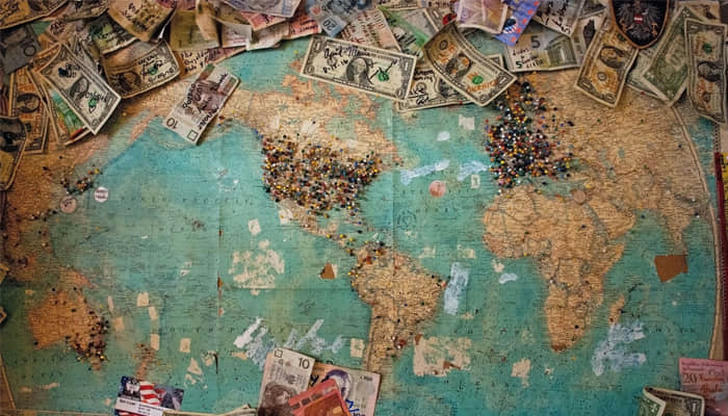
One of the biggest misconceptions about travel is that it has to be expensive. People always seem to think that you need a lot of money to be comfortable while traveling. While that can certainly be the case, most people, don't have that kind of money in their budget, but they are still followers of nature. Today, this article will teach you how to experience the best journeys while balancing low costs and rich enjoyment, spending the least amount of money. With some wise choices, it can be much cheaper than you might imagine!
Whether you are a solo traveler, a honeymooning couple, or traveling with friends, here are 10 top travel tips to help you control your budget without compromising your experience.
1.Be Flexible with Travel Dates
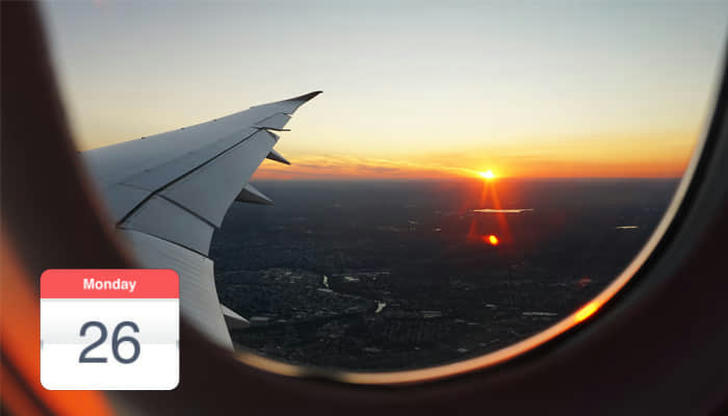
Airlines price their tickets based on demand, so flights on different days of the week or during off-peak hours often vary in price. By being flexible with your travel dates, you can enjoy lower airfare prices and save on the cost of round-trip flights to your destination. In some cases, even shifting your dates by a day or two can result in significant savings!
Additionally, don't forget to browse flights using incognito mode or a private browser. This helps avoid dynamic pricing, a strategy employed by airlines and travel agencies to adjust prices upward based on your previous search activity, which can result in price hikes each time you search for the same flight.
Alternatively, if you don't have a specific destination in mind, many travel websites offer options to search for "anywhere" from your departure city. This is an excellent choice for finding cheap vacation ideas or budget-friendly holiday destinations that fit your preferred dates.
2.Off-Season Travel
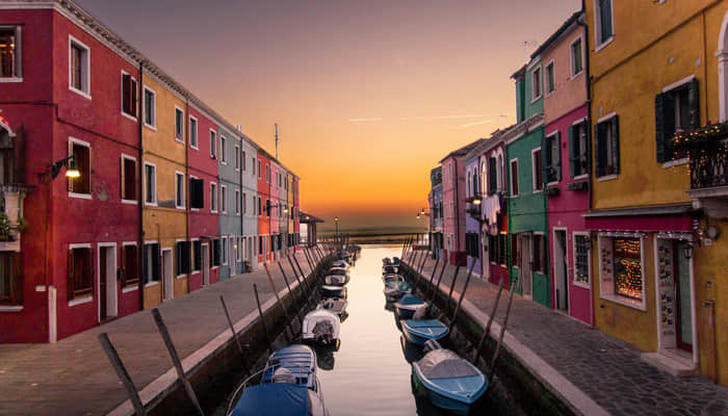
While many people plan their vacations around the "best times to visit" a destination, traveling during the off-season or shoulder season can offer significant benefits in terms of affordability. Especially in tropical destinations like the Maldives, where the climate remains warm year-round and the beaches pristine, traveling outside of peak season can help you control your budget without sacrificing classic experiences.
Beach vacations during the off-season come with lower costs, fewer crowds, more accommodation and activity options to choose from, as well as a more relaxed and peaceful atmosphere – sounds good to us! It's worth considering that if you're a working professional, taking time off during the workweek to travel might result in less lost wages compared to the expenses of flights and accommodation during peak season!
3.Choosing Accommodation with Included Costs

One of the best ways to stick to your travel budget is by selecting accommodation that includes meals. Not only does this save you the hassle of figuring out where to eat, but it also saves you the cost of dining out for every meal, which can quickly add up, especially when traveling with a group. Whether it's breakfast at a motel or hotel, the quality of breakfast may vary at different accommodations, but you won't have to worry about additional expenses.
Many hotels, resorts, and lodges also offer a range of complimentary or discounted activities, such as guided walks or city tours, yoga classes, water sports, and cultural experiences, for their guests. Some even provide transportation to and from the airport or offer shuttle services into town if you're staying outside of the city. This requires a bit of planning and research before your trip.
4.Purchasing Travel Insurance

This is often overlooked, but obtaining comprehensive travel insurance is one of the best ways to ensure you don't exceed your travel budget. Granted, it may seem like an additional expense you may not need, but if certain situations do arise, it can save you money in the long run.
For example, if your laptop or phone is stolen, or if you require emergency medical care, you could be facing hefty bills. With travel insurance, you'll be able to cover any unexpected expenses and enjoy your trip worry-free. It's a good option to consider if you do need to travel with certain valuables during your trip.
5.Using Travel Credit Cards
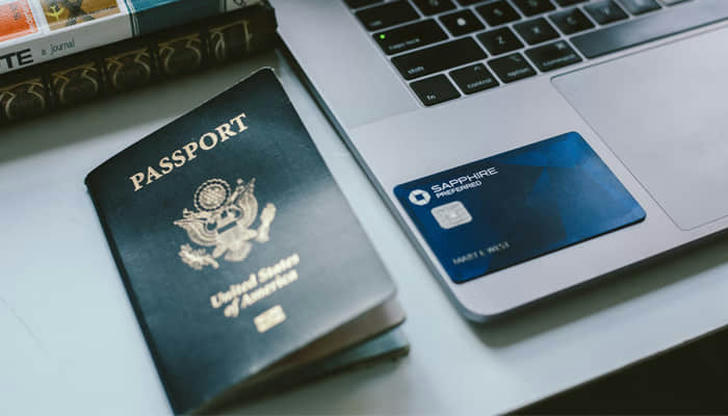
Exchanging cash at airports or in cities can be cumbersome, and you often encounter unfavorable exchange rates. Using a travel credit card can provide you with better rates and save you money on foreign transaction fees that regular credit cards typically charge with each purchase.
Another benefit of using a travel credit card is the opportunity to earn airline points or miles, which can be redeemed for flights or other travel rewards. Additionally, if you book flights using your credit card, you may be eligible for complimentary travel cancellation insurance, lost luggage insurance, and emergency medical insurance, saving you the cost of purchasing separate travel insurance.
6.Obtaining a Local SIM Card or E-SIM

Purchasing a local SIM card upon arrival at your destination can help you avoid paying international roaming fees every time you use data. Buying a local prepaid SIM card is typically quite inexpensive and much easier than constantly searching for Wi-Fi while wandering around town.
A local SIM card also allows you to conveniently make calls to local businesses for reservations and often provides better network coverage and faster internet speeds compared to traveling with an international SIM card or using roaming services. Of course, this depends on the duration of your stay in the area—if you're only staying for a day or two before moving on to the next destination, it may not be necessary.
7.Pack for All Scenarios
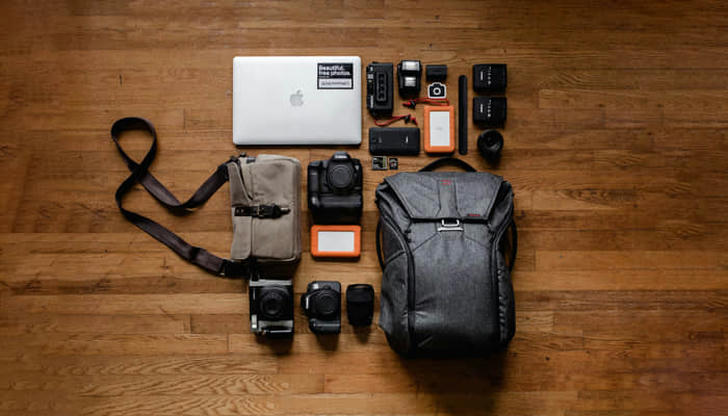
The last thing you want is to get caught in a storm without a raincoat or run out of sunscreen on a tropical island. Shopkeepers in busy tourist areas know there's high demand for these items, so to avoid paying inflated prices, make sure to pack everything you think you might need, even if you're not 100% sure you'll use them. It's best not to purchase these items at tourist spots, as the markup could be enough to buy more elsewhere.
8.Bring Your Own Water Bottle

Not every country has potable water, and even when they do, the taste isn't always great. To avoid spending unnecessary money on countless water bottles (and contributing to landfill waste!), bring a reusable water bottle with you and fill it up before you depart. Most hotels offer filtered drinking water, but if you're unsure, be sure to check with the staff!
9.Walk or Use Local Public Transportation
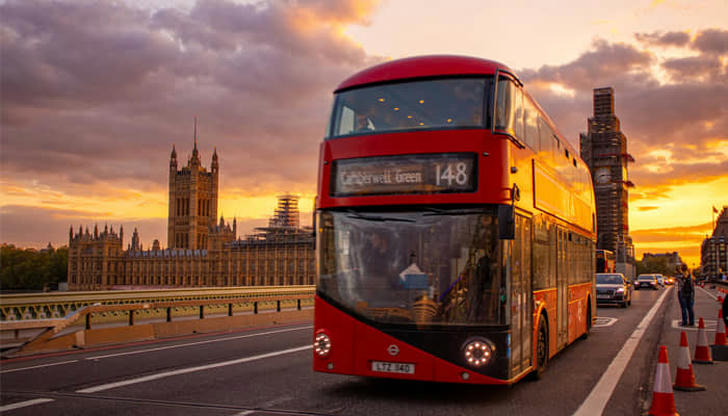
Renting cars or taking taxis can quickly become expensive. Like a local, make use of the local transportation options, whether it's buses, trains, or tuk-tuks. Do a bit of research beforehand or ask locals about their transportation methods and routes. With the internet readily available nowadays, this information can be easily found. Don't opt for taxis just for the sake of convenience.
Alternatively, slow down and explore towns on foot – it's a great way to get to know the area, discover hidden gems, and save some money!
10.Use Student ID or Seek Other Discounts

There are plenty of ways to get discounts while traveling. Many tour companies and tourist attractions offer student discounts, under-30 discounts, or family discounts. However, they don't always advertise these – so be sure to ask!
Another great way to save money is by booking hotel rooms, activities, and attractions online in advance or searching for online deals, as it's often cheaper than booking through a travel agency upon arrival.
By following these budget travel tips, you'll become an expert at planning the cheapest vacations or sticking to your budget without sacrificing fun. But remember, this is your vacation, so don't forget to treat yourself here and there – you deserve it!
